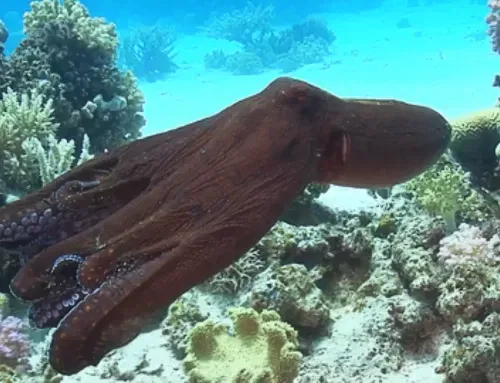Not knowing the plot, which book would you be more likely to read: Love on the Way to Los Angeles or Innocence Lost?
Love, well, it’s a dime a dozen, and on the way to Los Angeles is about a journey possibly for show business, hardly inspiring, novel, or informative. By contrast, innocence lost implies sex and conflict, an ambiguous, uncertain but promising exciting page turner. Both, of course, are guesses from the title.
Names and titles are important for identification and drawing attention. This even relates to funding science. How so? Basic research is often labeled curiosity-driven research. Okay, but how does that distinguish it from medical research, or any other research? Calling basic research curiosity-driven suggests that curiosity is its distinguishing feature, but that does not set it apart from any other research. Why fund curiosity-driven research over another research project? The problem is that “curiosity-driven” is as bland and meaningless as “love.” It lacks the ambiguity and potential interest of “innocence lost.”
I suggest calling truly basic research destination-free, rather than curiosity-driven. Destination-free speaks to the possibility of finding unexpected results of great interest and not being limited to one direction. Destination-free still depends on specific questions as stepping-stones along the way, often leading to twists and turns in direction, like any disciplined and solidly grounded research. Curiosity-free research speaks only to satisfying the researcher. Calling basic research destination-free rather than curiosity-driven might seem like a semantic rather than substantive difference. However, I believe it is a more accurate and honest way to distinguish basic research from applied or targeted research, and, therefore, would be more effective in being supported. It creates a promising, if courageous, category of its own.
It’s not appreciated at first how often basic science has led to unexpected, potential usefulness, and not only a means of advancing knowledge for its own sake. Who would have imagined that investigations of microbial life associated with hydrothermal vents in the ocean contributed to biotechnical application of enzymes for carbon dioxide capture and gene cloning, or that investigations of lens crystallins (proteins responsible for the refractive, optical properties of the eye lens) revealed that proteins known for one function are also used for one or more totally unrelated function(s) throughout the organism? Examples abound of basic research resulting in pragmatic and medical advances. One of many important instances is discovery and isolation of the protein responsible for glowing in jellyfish has been invaluable for identifying, by recombinant DNA technology, the cellular expression of specific genes in humans. Promotion of basic research – that is, destination-free research – should be encouraged and not strictly dependent on the results having potential pragmatic uses.






Leave A Comment